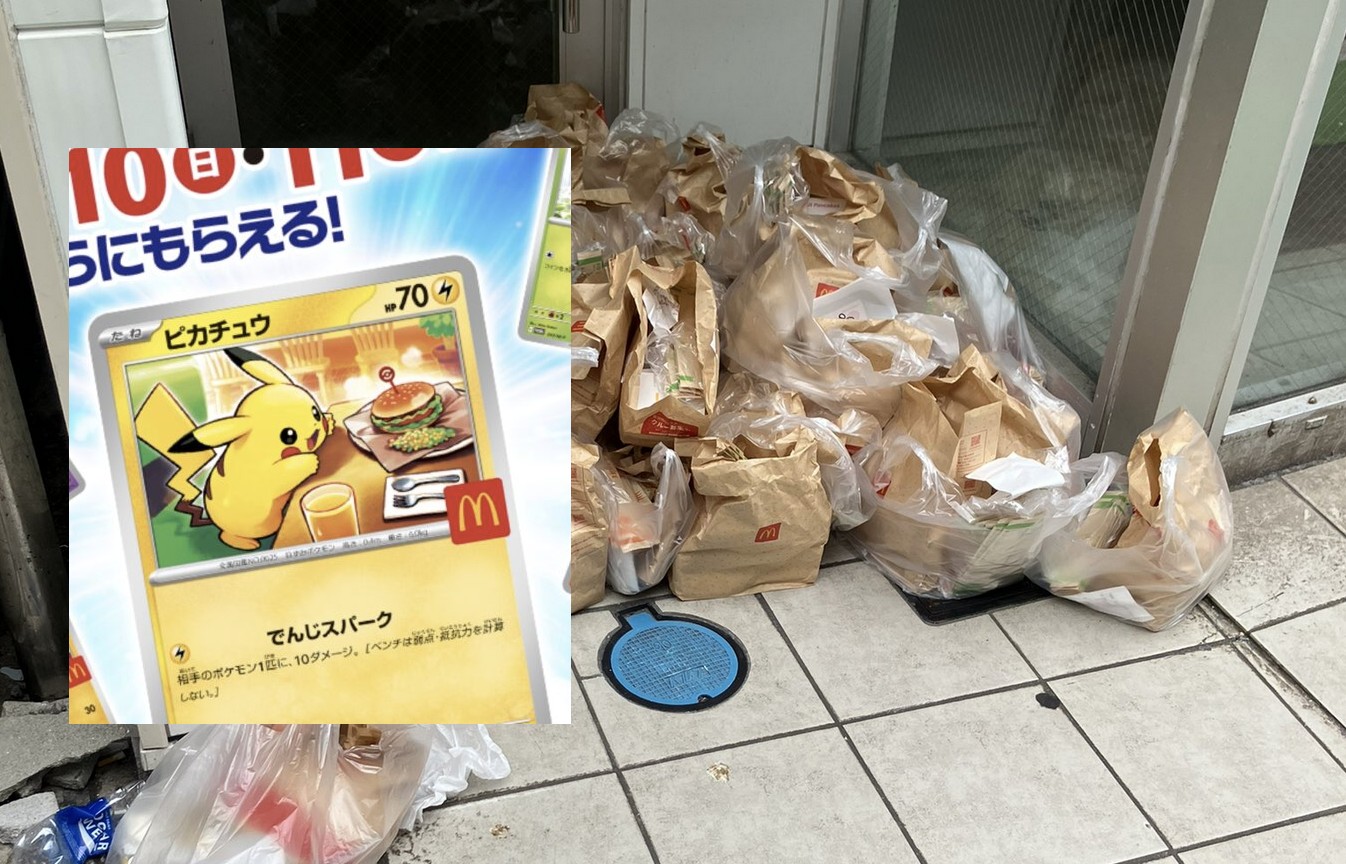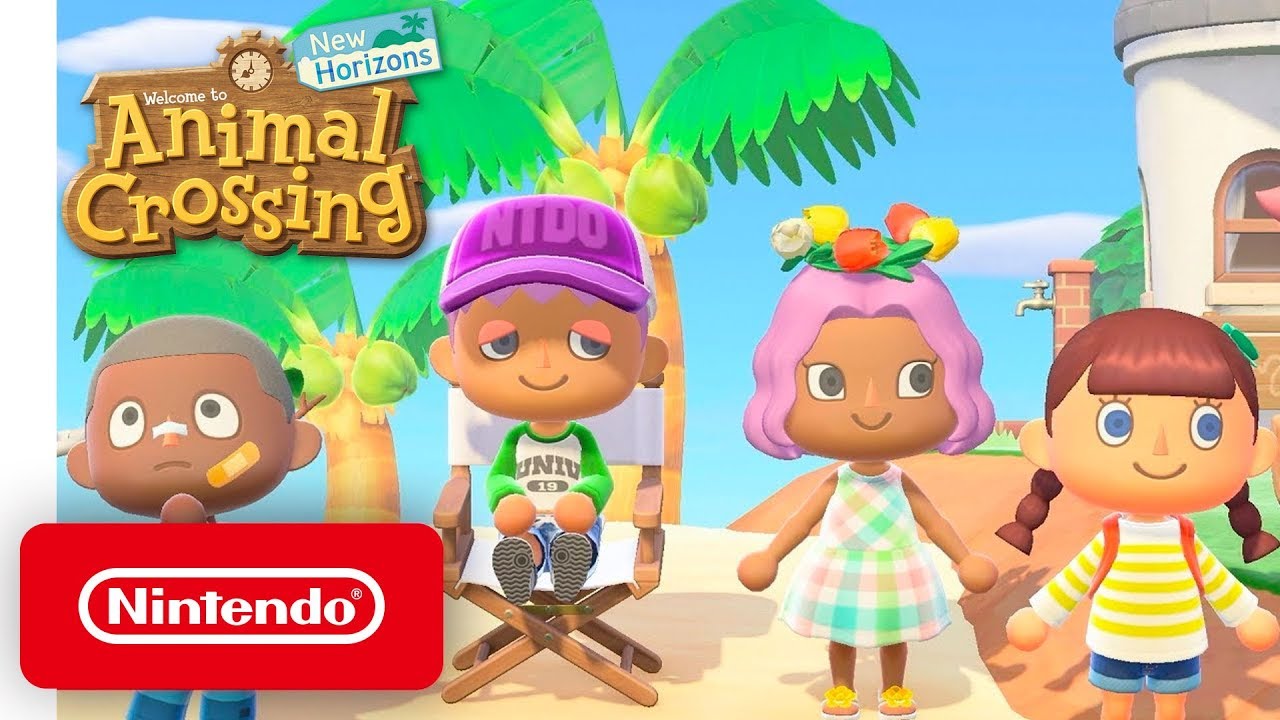McDonald’s Japan has found itself at the center of controversy following the launch of its collaborative Pokemon Trading Card Game (TCG) campaign.
The fast-food giant, in partnership with The Pokémon Company and Nintendo, introduced exclusive Pokemon TCG cards as part of its Happy Meal promotion, running for a limited three-day period from August 9, 2025.
The initiative, designed to delight young fans and collectors across Japan, quickly encountered intense backlash due to widespread scalping, public disorder, and significant food waste. To counter the anticipated rush and scalping activity, McDonald’s Japan announced a series of measures prior to the campaign's start.
These included restricting the purchase of Happy Meals to five sets per customer, urging customers to buy only as much as they could consume, and appealing to the public not to engage in the resale of the collectibles on online marketplaces.
Despite these efforts, enforcement proved difficult, and the measures ultimately failed to stem the rising tide of scalpers and opportunists. As soon as the campaign launched, McDonald’s outlets nationwide were greeted by long lines of customers—many suspected to be scalpers seeking to acquire the highly-coveted Pokemon TCG cards for resale.
According to local reports and eyewitness statements, the situation escalated to the point that police intervention was necessary in several areas due to disputes and altercations among customers.
At a particularly notable incident in Osaka, authorities were called when a customer demanded a refund after not receiving the promotional Pokemon cards, resulting in police needing to mediate the dispute. The fallout extended far beyond in-store tensions.
Photos and videos began circulating widely on social media, showing trash bags overflowing with uneaten Happy Meals left abandoned on streets and within restaurant premises.
The scale of food waste quickly became a focal point of public outrage, with many noting that previous promotions—including collaborations with Minecraft and Chiikawa—had resulted in similar problems.
Critics pointed out that the actual food, including burgers, fries, and drinks, was often neglected or discarded as purchasers sought solely the limited-edition Pokemon cards.
Scenes of pigeons gathering to feast on discarded meals underscored the extent of the waste generated over just a few days. As anger mounted, numerous social media users openly criticized McDonald’s Japan for what they perceived as prioritizing profit over responsible marketing and customer well-being.
Several users pledged to boycott the franchise in the wake of the campaign fiasco.
According to verified resale listings, the special edition Pokemon TCG packs fetched upwards of 2,000 yen (approximately USD 13) per pack online, far exceeding the standard Happy Meal price of around 500 yen (USD 3.50).
The rapid depletion of stock saw most McDonald’s locations across Japan completely sold out of the promotional cards within the event’s time frame. Despite efforts to prevent market abuse and maintain an enjoyable experience for fans, McDonald’s Japan’s Pokemon TCG collaboration has become a cautionary tale in promotional campaign management and supply control.
As the Nintendo Switch and ongoing Pokemon series continue their popularity, both companies may need to rethink strategies to ensure future campaigns delight fans without negative consequences for communities and the environment.
The fast-food giant, in partnership with The Pokémon Company and Nintendo, introduced exclusive Pokemon TCG cards as part of its Happy Meal promotion, running for a limited three-day period from August 9, 2025.
The initiative, designed to delight young fans and collectors across Japan, quickly encountered intense backlash due to widespread scalping, public disorder, and significant food waste. To counter the anticipated rush and scalping activity, McDonald’s Japan announced a series of measures prior to the campaign's start.
These included restricting the purchase of Happy Meals to five sets per customer, urging customers to buy only as much as they could consume, and appealing to the public not to engage in the resale of the collectibles on online marketplaces.
Despite these efforts, enforcement proved difficult, and the measures ultimately failed to stem the rising tide of scalpers and opportunists. As soon as the campaign launched, McDonald’s outlets nationwide were greeted by long lines of customers—many suspected to be scalpers seeking to acquire the highly-coveted Pokemon TCG cards for resale.
According to local reports and eyewitness statements, the situation escalated to the point that police intervention was necessary in several areas due to disputes and altercations among customers.
At a particularly notable incident in Osaka, authorities were called when a customer demanded a refund after not receiving the promotional Pokemon cards, resulting in police needing to mediate the dispute. The fallout extended far beyond in-store tensions.
Photos and videos began circulating widely on social media, showing trash bags overflowing with uneaten Happy Meals left abandoned on streets and within restaurant premises.
The scale of food waste quickly became a focal point of public outrage, with many noting that previous promotions—including collaborations with Minecraft and Chiikawa—had resulted in similar problems.
Critics pointed out that the actual food, including burgers, fries, and drinks, was often neglected or discarded as purchasers sought solely the limited-edition Pokemon cards.
Scenes of pigeons gathering to feast on discarded meals underscored the extent of the waste generated over just a few days. As anger mounted, numerous social media users openly criticized McDonald’s Japan for what they perceived as prioritizing profit over responsible marketing and customer well-being.
Several users pledged to boycott the franchise in the wake of the campaign fiasco.
According to verified resale listings, the special edition Pokemon TCG packs fetched upwards of 2,000 yen (approximately USD 13) per pack online, far exceeding the standard Happy Meal price of around 500 yen (USD 3.50).
The rapid depletion of stock saw most McDonald’s locations across Japan completely sold out of the promotional cards within the event’s time frame. Despite efforts to prevent market abuse and maintain an enjoyable experience for fans, McDonald’s Japan’s Pokemon TCG collaboration has become a cautionary tale in promotional campaign management and supply control.
As the Nintendo Switch and ongoing Pokemon series continue their popularity, both companies may need to rethink strategies to ensure future campaigns delight fans without negative consequences for communities and the environment.





